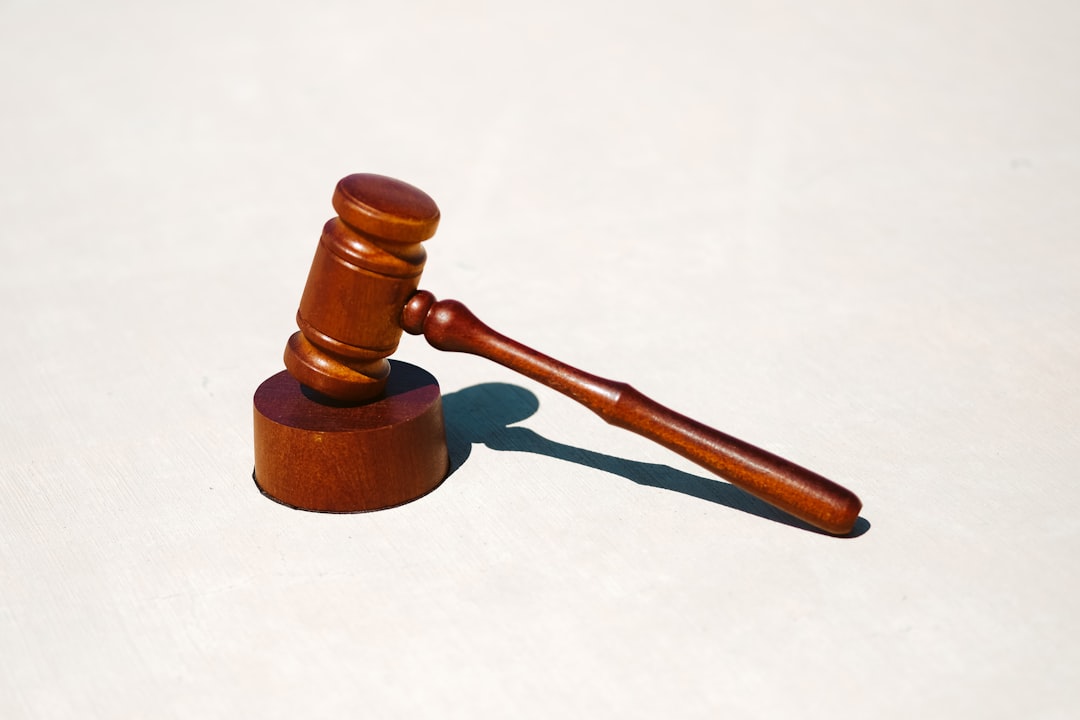Recognizing physical and verbal cues of abuse is crucial for nursing home residents' well-being. Unexplained injuries, bed sores, weight loss, and changes in behavior may indicate neglect or assault. Elderly sexual assault attorneys NJ help protect seniors' rights and pursue justice against negligent care facilities. Family members and caregivers should stay vigilant and connect with legal experts for support.
In New Jersey, ensuring the safety and well-being of residents in nursing homes is paramount. However, elder abuse remains a pervasive issue, with physical, verbal, and emotional signs often overlooked. This article guides caregivers and loved ones through recognizing warning signals, from subtle behavioral changes to overt injuries. Understanding these red flags is crucial, as it equips you to take action and protect vulnerable seniors. Furthermore, we explore legal rights and resources available to elderly victims, including the role of experienced elderly sexual assault attorneys in NJ.
Recognizing Physical Signs of Abuse

Recognizing physical signs of abuse in nursing homes is a critical aspect of ensuring the well-being of vulnerable elderly residents. New Jersey elderly sexual assault attorneys often emphasize the importance of vigilance when it comes to identifying potential maltreatment. Look for unexplained bruises, cuts, or welts, which could indicate physical violence. Fractures and sprains, especially in older adults with limited mobility, should raise concern. These signs may point to forced activities or rough handling by staff or other residents.
Additionally, pay attention to bed sores, also known as pressure ulcers, which can form due to prolonged immobility or poor positioning. While they are a common issue for bedridden patients, rapid progression or severe cases could suggest neglect. Other physical cues include unexpected weight loss, malnourishment, or dehydration—all potential indicators of abuse or negligence on the part of care providers. Elderly sexual assault attorneys in New Jersey encourage family members and caregivers to remain observant and proactive in safeguarding the rights and dignity of their loved ones within nursing home settings.
Understanding Verbal and Emotional Red Flags

Recognizing verbal and emotional red flags is crucial for identifying potential abuse in nursing homes. Elderly residents, especially those with cognitive impairments or limited mobility, may struggle to communicate discomfort or pain verbally. They might express feelings of anxiety, depression, or confusion through subtle cues, such as frequent crying, irritability, or withdrawal from social interactions. These emotional changes could indicate various forms of mistreatment, including verbal abuse, neglect, or even more severe cases like sexual assault, for which elderly sexual assault attorneys in New Jersey are often sought.
Family members and caregivers should be vigilant about these signs, as they may be early indicators of a resident’s well-being. If you notice a sudden shift in the senior’s behavior, it warrants further investigation. Prompt action by loved ones or advocates can help prevent potential harm and ensure the elderly individual receives the necessary support and protection, especially when dealing with sensitive issues like sexual assault cases that require the expertise of specialized attorneys in New Jersey.
Legal Rights and Resources for Elderly Victims

If you or a loved one is experiencing abuse in a New Jersey nursing home, it’s crucial to know your legal rights and resources. Elderly victims of abuse have specific protections under state and federal laws. In cases involving sexual assault, seeking help from experienced elderly sexual assault attorneys NJ can be instrumental. These legal professionals specialize in navigating complex regulations and advocating for the rights of senior citizens.
New Jersey has stringent laws to prevent and address nursing home abuse, including civil and criminal penalties for perpetrators. If you suspect any form of mistreatment, documenting evidence and reporting it to the appropriate authorities is essential. Elderly sexual assault attorneys can guide victims through this process, ensuring their safety and pursuing justice. They work with local law enforcement, healthcare professionals, and government agencies to hold nursing homes accountable for neglect or abuse.






